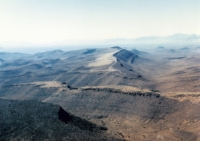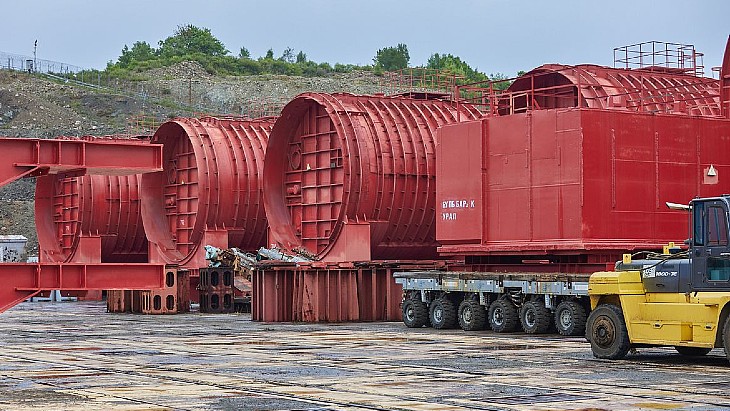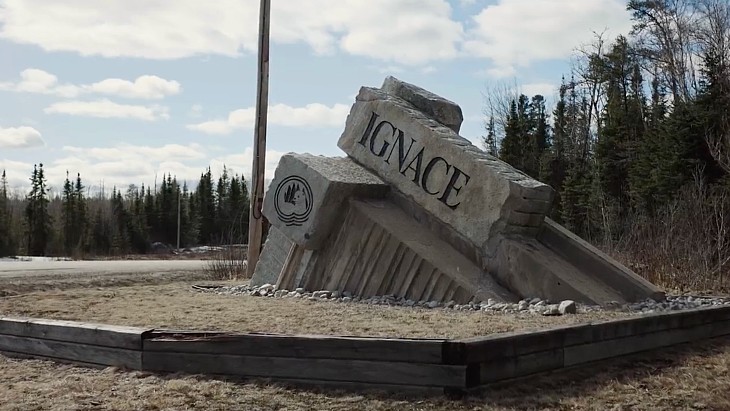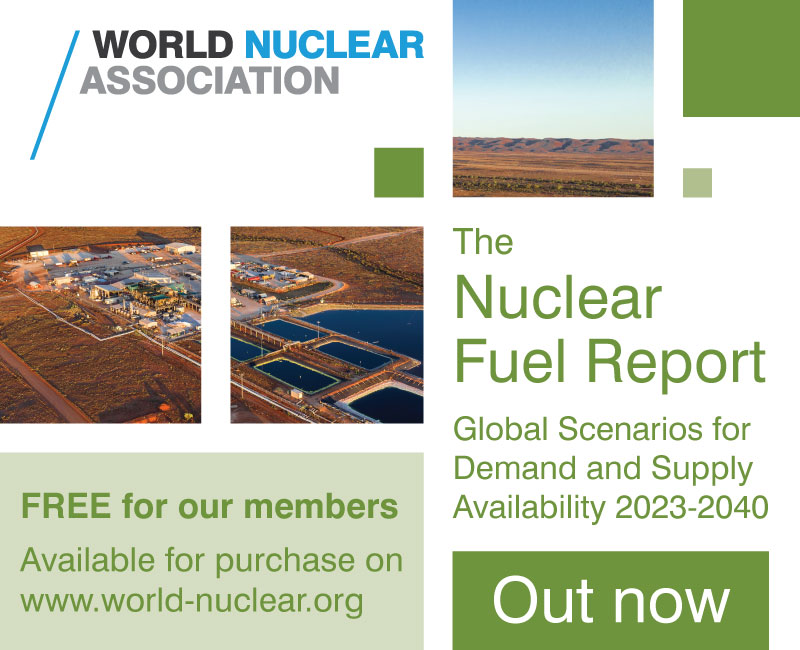Bill to liquidate the Nuclear Waste Fund
 The bulk of America's $30 billion nuclear waste fund could be repaid to consumers under legislation introduced to the Senate late last week.
The bulk of America's $30 billion nuclear waste fund could be repaid to consumers under legislation introduced to the Senate late last week.
The bulk of America's $30 billion Nuclear Waste Fund could be repaid to consumers under legislation introduced to the Senate late last week.
 |
| The world's most controversial mountain |
The bill specifies that within 30 days of passage the President would have to either confirm that Yucca Mountain remains the "preferred choice" for high-level radioactive material disposal or begin to rebate "all funds currently in the Nuclear Waste Trust Fund" built up to pay for Yucca.
Nevada's Yucca Mountain was set to be the USA's ultimate disposal site for highly radioactive substances such as used nuclear fuel and military wastes. Companies producing nuclear power paid 0.1 cents per kWh of power generated in the the fund from 1982, with the total reaching a whopping $30 billion. However, the project faced stiff opposition and Obama's February budget ordered the Department of Energy (DoE)to "scale back" work to almost nothing "while the administration devises a new strategy toward nuclear waste disposal."
No such new strategy has been forthcoming, leading to anger among some politicians and commentators over the apparent waste of the $13.5 billion already been spent on the project. "No-one should be required to pay for an empty hole in the Nevada desert," said Graham, adding that Obama's "ill-advised" decision was political and not scientific. He concluded: "It is incumbent on the administration to come up with a disposal plan for this real problem facing our nation."
If the nuclear waste fund was handed back to the utilities that have paid into it, some 75% of it would be mandated to go back to customers. The remainder would be allocated to building interim used nuclear fuel storage facilities at current nuclear power sites where the fuel would remain until there was a new disposal route.
Yucca Mountain was meant to begin operation in 1998, and utilities forced to provide interim storage since that time have already won over $600 million in compensation. These monies came from federal funds after a court ruled the Nuclear Waste Trust Fund itself could not be used to meet costs incurred by the DoE's failure to meet its original target.
Graham's plan would also authorize annual payments of up to $100 million to states that hold the military wastes from 2017, the most recent estimated date for Yucca to have opened.
_17992.jpg)












